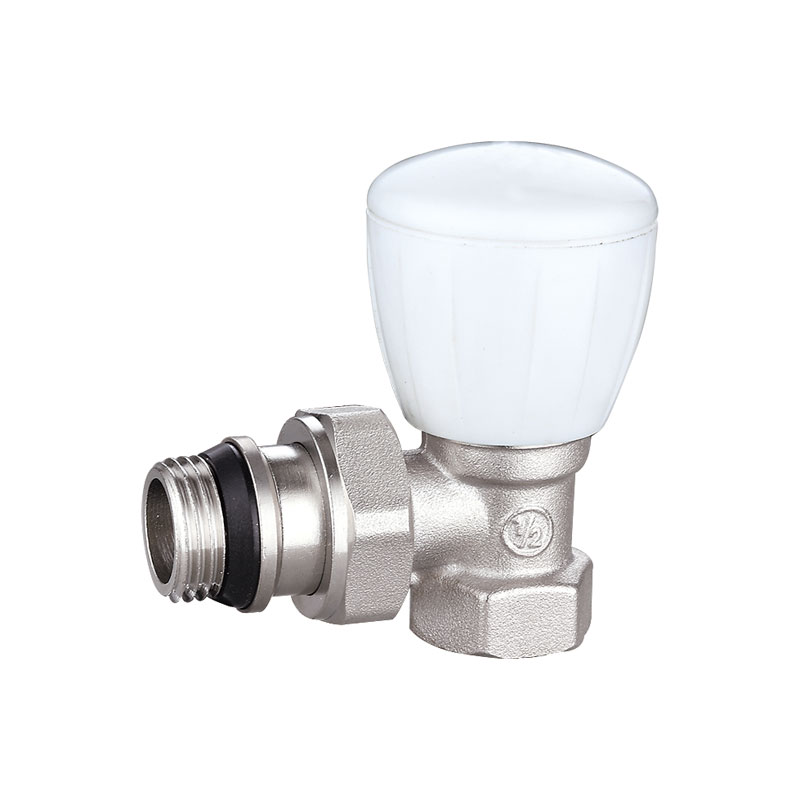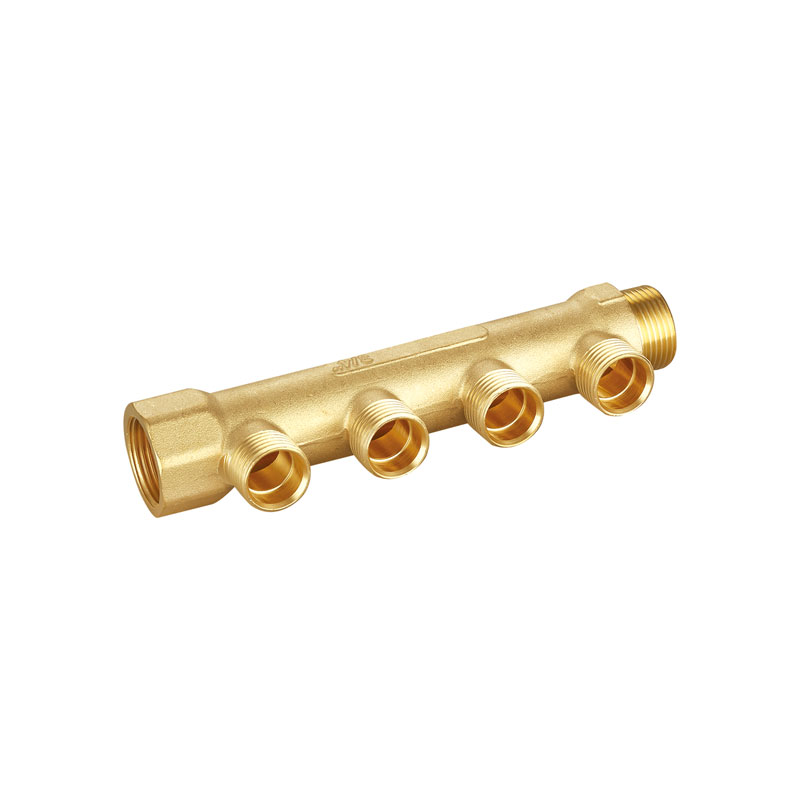In the realm of plumbing and fluid control, the humble brass ball valve stands as a workhorse. Its straightforward yet effective design has made it a preferred choice for countless applications, from home plumbing to industrial processes. Among the various types, the long handle popular design brass ball valve is especially favored for its ease of use, durability, and reliability.
The Versatility of Brass Ball Valves
Brass ball valves are recognized for their versatility, and their popularity extends to a wide array of applications:
Home Plumbing: Brass ball valves are commonly used in residential plumbing systems to control the flow of water. They are found under sinks, in toilets, and throughout the home's water supply network.
Commercial Plumbing: In commercial buildings, such as offices, hotels, and shopping centers, brass ball valves are integral to the plumbing infrastructure, ensuring efficient water distribution and control.
Industrial Applications: Brass ball valves are deployed in industrial settings to regulate the flow of various fluids, from water to chemicals. They serve as control valves in manufacturing processes and are found in pipelines and systems used in diverse industries.
Natural Gas and Oil: In the oil and gas industry, brass ball valves are used to control the flow of gas and oil in pipelines and systems. They must withstand the demanding conditions of these applications.
Agricultural Irrigation: In agriculture, brass ball valves are used to control the flow of water for irrigation systems, providing a reliable and robust solution for farmers.
The Long Handle Design
The long handle popular design of brass ball valves offers several distinct advantages:
Ease of Operation: The long handle provides better leverage for turning the valve, making it easier to open and close. This is particularly beneficial in applications where manual operation is frequent.
Visible Positioning: The extended handle design allows for better visibility of the valve's position. Users can easily determine whether the valve is open or closed, enhancing safety and control.
Versatile Mounting: The long handle design can be easily adapted for various mounting options, whether it's for remote operation or integration into a larger control system.
Durability: The long handle is constructed from the same robust brass material as the valve body, ensuring longevity and resistance to wear and corrosion.
The Ball Valve Advantage
The fundamental design of a ball valve is both simple and effective. It consists of a spherical closure element (the ball) with a hole through it. When the valve is open, the hole is aligned with the flow path, allowing fluid to pass through. When the valve is closed, the ball is rotated to block the flow path completely.
The ball valve's advantages include:
Quick Operation: Ball valves can be opened and closed rapidly, making them ideal for applications where fast flow control is needed.
Excellent Sealing: The full-bore design provides excellent sealing properties, minimizing leakage.
Low Friction: The smooth bore of the ball minimizes friction and pressure drop when the valve is open, allowing for efficient flow.
Bi-Directional: Ball valves are typically bi-directional, meaning they can handle flow in both directions.
Durable: Brass ball valves are highly durable and resistant to corrosion, making them suitable for various environments.
Applications in Critical Industries
The reliability and durability of long handle popular design brass ball valves have made them a preferred choice in industries with critical applications. In the oil and gas sector, they are used in pipelines, wellheads, and processing facilities. In chemical manufacturing, they provide precise control in harsh environments. They are also crucial in power plants and wastewater treatment facilities, where consistent and reliable flow control is essential.
Innovation in Brass Ball Valves
The design of brass ball valves has remained relatively constant over the years due to its effectiveness. However, modern technology has brought innovations in materials and manufacturing processes, resulting in improved performance and efficiency. For example:
Lead-Free Materials: To meet modern environmental and safety regulations, brass ball valves are increasingly manufactured with lead-free materials, ensuring clean and safe drinking water.
Advanced Sealing: Improved sealing materials and designs have reduced the potential for leakage, enhancing performance.
Customization: Advances in manufacturing technology allow for the customization of ball valves to meet specific application requirements.
Automated Control: Brass ball valves can be integrated into automated control systems, allowing for remote operation and monitoring.

 languages
languages

 English
English русский
русский












